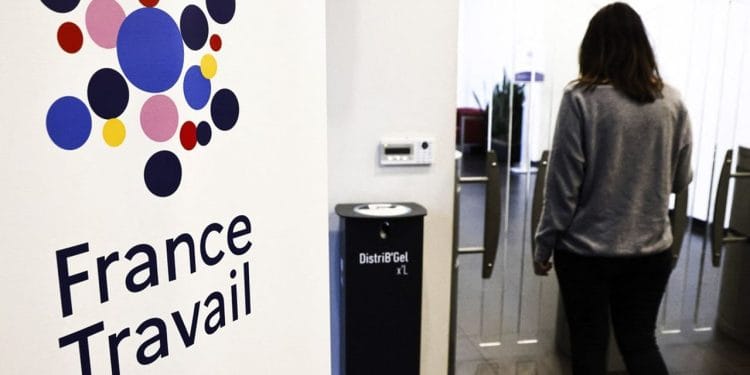[ad_1]
Established in 2015 following heated debates with unions, checks on job searches by the 600 specialized advisors of France Travail, the new name of Pôle emploi, lead to the same findings from one year to the next. The vast majority of registrants fulfill their obligations. The share of those who are sanctioned is not negligible but remains stable.
This is what emerges from the 2023 report published this Friday by France Travail. In total, just over 523,000 checks were initiated last year, an increase of 4.4%. 60% of these checks (which have nothing to do with fraud searches) were triggered following targeted requests, on job seekers looking for a job in shortage or having followed training. The rest is divided between random selection (25%) and reporting from agency advisors (15%).
Minority
After being partly suspended in 2020, due to Covid, controls have resumed: they are largely targeted at professions in tension, in a context of great difficulty for employers to hire. “Since June 2022, the other targeted queries have been used again, even if the query on professions in tension remains a priority,” underlines the operator.
As a result, 83% of the controls closed last year confirmed, following a structured and contradictory procedure based on a questionnaire, exchange, documentary examination and warning if necessary, the search for employment (65%) or helped to revitalize the person (18%). The sanctions, for 17% of them, resulted in a one-month deregistration with removal of the same amount of the allowance (or even more in the event of repeated breaches).
Note that this percentage of delisting is significantly higher (43%) when it comes to the cohort of controls based on notification only. It is lower than the average for other sources (targeted or random). Given the respective weight of each of these cohorts, this confirms that the shortcomings remain centered on a minority of job seekers. The proportion of those who are compensated (approximately one in two) remains identical to that of all those registered with France Travail.
The publication of this report comes as France Travail is experimenting with a control reform in application of the law for full employment of December 2023 the same one which introduced the overhaul of the public employment service network. In application of this reform, so-called “list” management, that is to say the semi-automatic checks carried out in the agency, will disappear. Controls by specialized regional advisors on job searches are expected to gain in importance since Gabriel Attal wants to increase the number to 1.5 million in 2027 .
The Prime Minister also asks the social partners to renegotiate a new Unédic agreement, while we still don’t know the fate of that which employers and unions concluded at the end of November.
[ad_2]
Source link











